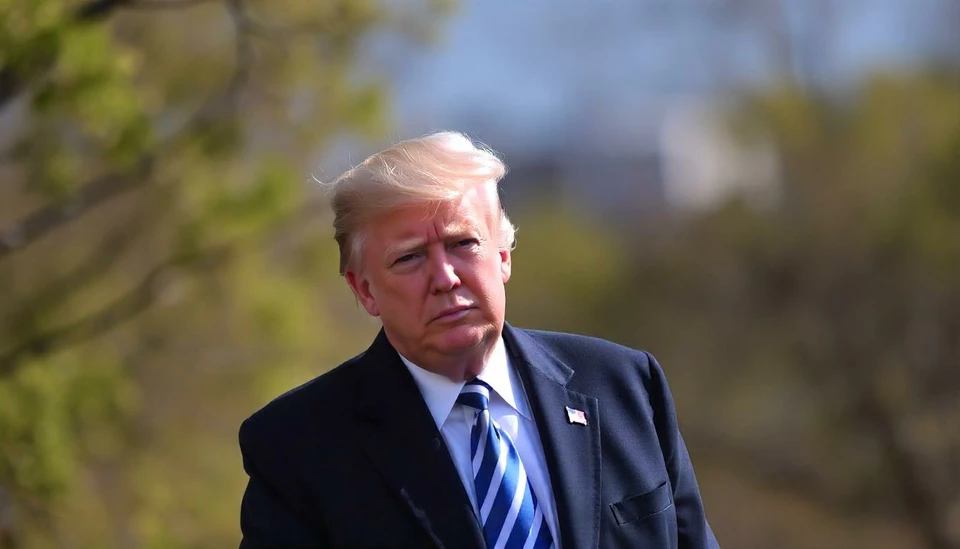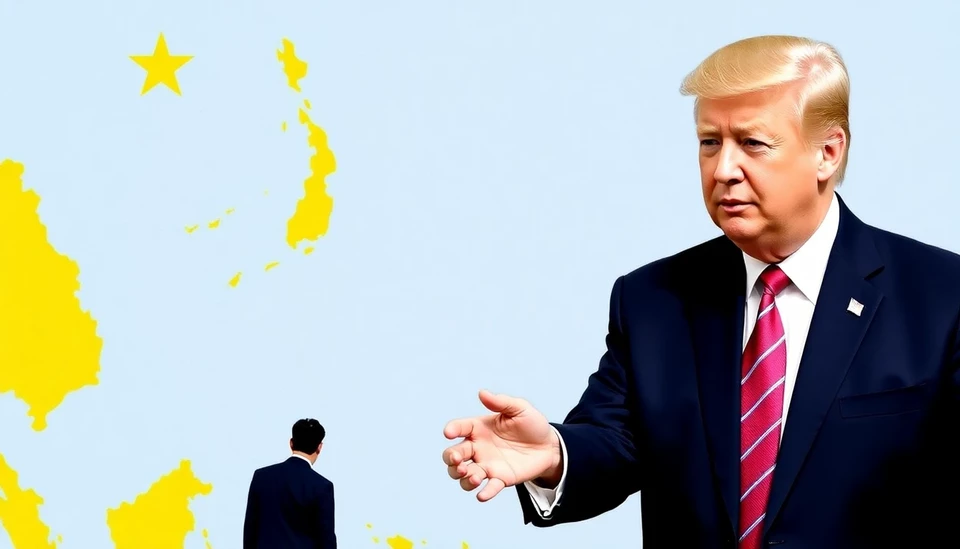
As the world watches the evolving dynamics of international relations, the potential ramifications of a Donald Trump presidency on U.S.-China ties loom large. According to current analysis, there are two distinct scenarios that could unfold, each presenting unique investment opportunities which may not yet be fully accounted for in market valuations.
The first scenario envisions a possible re-establishment of economic collaboration between the two superpowers. Should Trump return to the Oval Office, he may prioritize economic growth, prompting a shift away from the confrontational trade policies of his first term. This could lead to a reduction in tariffs and other trade barriers, fostering a more favorable environment for U.S.-based companies to engage in business with China. Given the scale of U.S. exports to China, which includes crucial sectors such as technology and agriculture, easing restrictions could significantly boost revenues and stock values in those domains.
Investors may find opportunities in companies that could thrive in this renewed cooperative landscape, particularly those in the manufacturing and technology sectors. An influx of Chinese investment into the U.S. is another prospect; easing geopolitical tensions could stimulate a wave of capital flows, further enhancing market sentiment and corporate earnings.
The second scenario presents a more cautious approach, where Trump continues to navigate a complex web of competitive relationships with China. In this context, the emphasis would likely swing towards strategic decoupling, where certain industries move to reduce their reliance on Chinese manufacturing and supply chains. This would likely include efforts to bolster domestic production within the U.S. economy, a move closely aligned with Trump's "America First" agenda.
Such a shift could benefit companies focused on domestic manufacturing or those engaged in diversifying their supply chains to mitigate risks associated with single-nation reliance. This scenario could also emphasize sectors such as cybersecurity and advanced technologies that cater to national security imperatives, potentially leading to robust growth in those industries.
While the long-term outlook remains uncertain, the investment community is keenly aware of how these scenarios could unfold. With market analysts urging consideration of both the hopeful and cautionary pathways in the lead-up to the elections, now is the time for investors to strategically position themselves. As the geopolitical chess game continues, the value of foresight and adaptability in investment strategies will be paramount.
In conclusion, whether the outcome of a Trump presidency leads to a thaw in U.S.-China relations or a more contentious rivalry will have far-reaching implications not only for the two nations but also for global markets. Investors must remain vigilant, continuing to assess how these scenarios may evolve.
#Trump2024 #ChinaRelations #InvestmentOpportunities #GlobalMarkets #USChinaTrade
Author: Laura Mitchell




